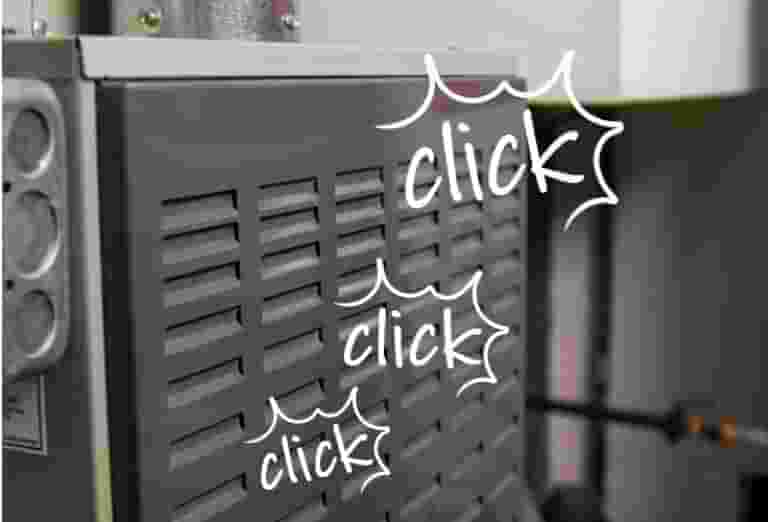Owning a commercial property comes with a large list of dos and don’ts and managing that list can be overwhelming. If one of your bigger concerns is your commercial-grade septic system construction and operation, let us help you with that process.
Having an efficient drain field is the most important aspect of a septic system. Without it, the lack of filtration for contaminants and blockage can cause serious issues. The service professionals at Mr. Rooter® Plumbing will make sure your drain field is expertly installed. You won’t even have to worry about the mess of construction because the Mr. Rooter Plumbing team maintains a clean and friendly approach.
Get in touch with your local Mr. Rooter to request a job estimate for your commercial on-site septic installation.
Commercial On-site Septic Drain Field Installations
It’s important that your septic drain field construction is done right the first time, especially when your commercial business depends on a functioning drainage system. To help you get a clearer understanding of how Mr. Rooter Plumbing will install your drain field, we’ve broken down the process below.
- Determining location: The installment site will be decided by the commercial facility it’s for and by evaluating the surrounding soil conditions, buildings, pavement, piping, or any other interfering objects.
- Testing soil: To make sure that the liquid coming from your commercial grade septic system is draining properly, the soil will be checked by digging a small hole in the location site and testing its drainage.
- Digging trenches: Once soil testing is successful, trenches will be dug for the drainage piping.
- Installing pipes: The drainage piping will be fitted above a layer of gravel, then covered with a geotextile which acts as a filter to prevent blockage from the layer of soil added on top of the pipe.
- Testing and maintenance: Regular maintenance will keep your septic system running smoothly. This can include septic tank pumping, drain field cleaning, checking proper drainage flow, and other repairs when needed. Sometimes nature can interfere as well, so check with your local Mr. Rooter Plumbing for any drainage issues or concerns.
After your septic drain field construction is complete, you may be wondering about the visual impact it will have on your commercial business. Because your drain field will be installed underground and some distance from your building, you won’t need to worry about an unappealing landscape. You will, however, need to be mindful of the area around your drain field location if you plan to add to that scenery. To avoid any blockage in your drain field, we suggest only planting grass on the location site, and planting trees no closer than ten feet. Overall, you will need to keep the area around your drain field clear to prevent any damage and allow service professionals to reach the system for maintenance.
Other Commercial Septic System Services
The other types of septic services we offer for commercial properties include:
- Septic drain field cleaning: Regular cleaning will avoid system blockage and leaks. This process involves removing any blockage and using cleaning liquids or tools as needed to clear your drains.
- Septic system repair services: Services range from effluent filter replacement to tank, line, or pump repair. Routine repairs are vital to the safe operation of your septic system and help prevent dangerous buildup later.
- Septic tank pumping: How frequently your septic tank must be pumped out depends on your business size and drainage efficiency. Commercial septic tanks are typically pumped once every one to three years.
Commercial Septic System Drain Field Installation Near Me
A smooth-running septic system and drain field is vital for your commercial property. Trust your local Mr. Rooter Plumbing to be your expert in getting the job done right. Request a job estimate online or call today.
Frequently Asked Questions
Do all septic tanks have a drain field?
No. A variety of other types of septic systems are available, but not in all areas. For example, tank-only septic systems are available and are often used in areas that are ecologically or environmentally sensitive. These types of septic tanks must be pumped out more frequently than standard septic systems that have drain fields.
Can you have a commercial kitchen on septic?
If you don’t have a public sewer system available, you will likely need to install a septic system that is designed to handle the expected capacity of your facility. These systems often have a grease trap to catch fats and oils before they can clog the septic system.
Can you tell me how to find my septic drain field?
Check for a permit of installation first. If you don’t have one, look for an area of lush grass or a swampy, sunken areas in the lawn. You can also look for your septic tank by locating its tank lid and then following the proper drain line direction, moving away from the building.
 Click to call
Click to call


